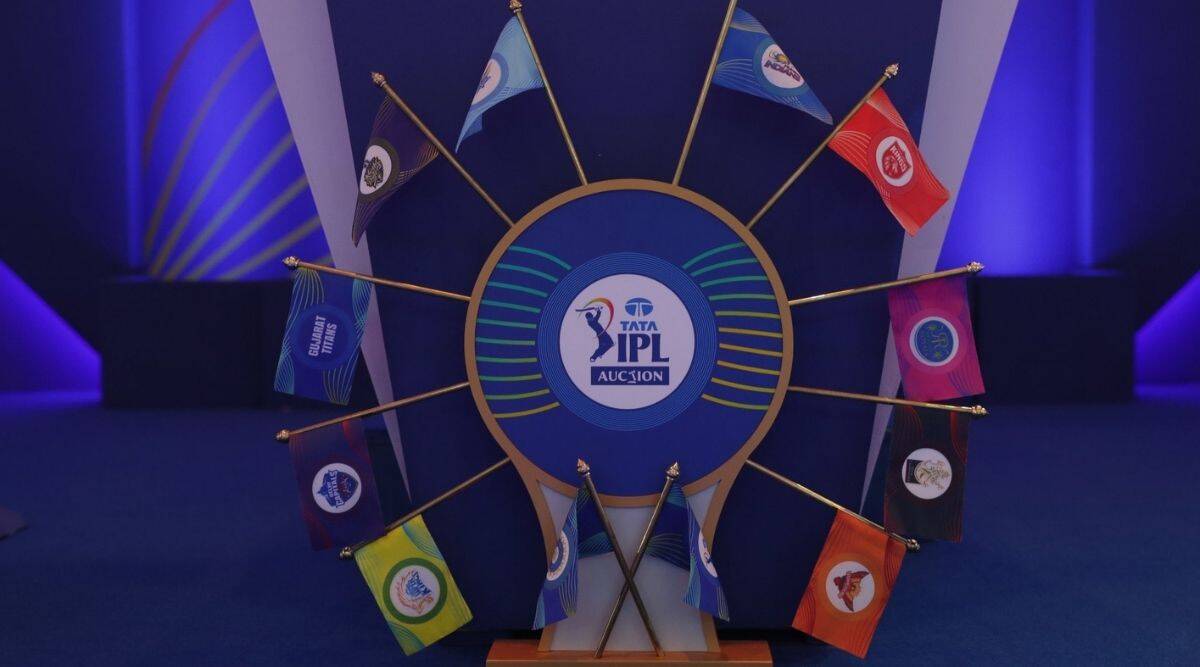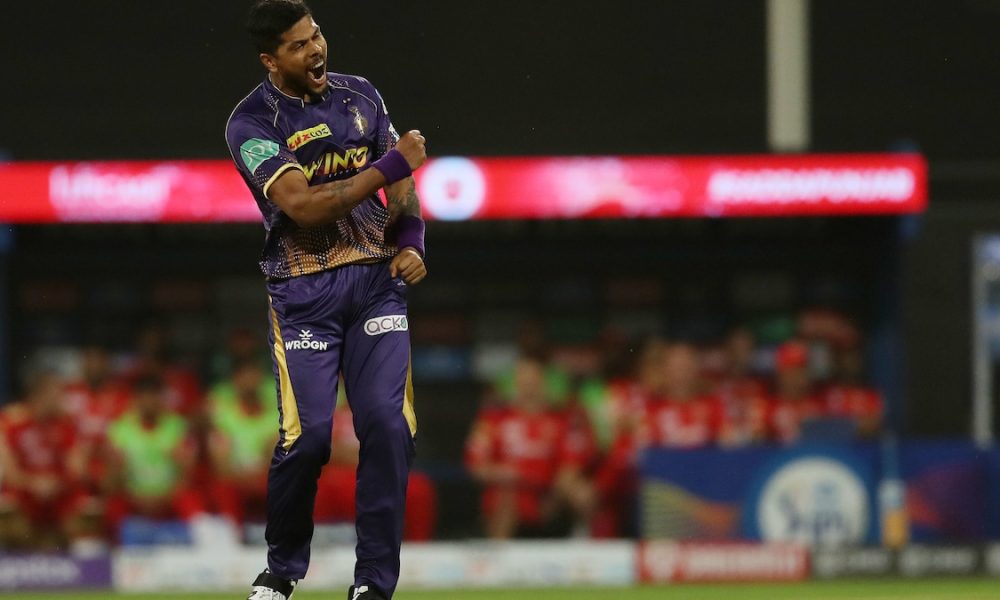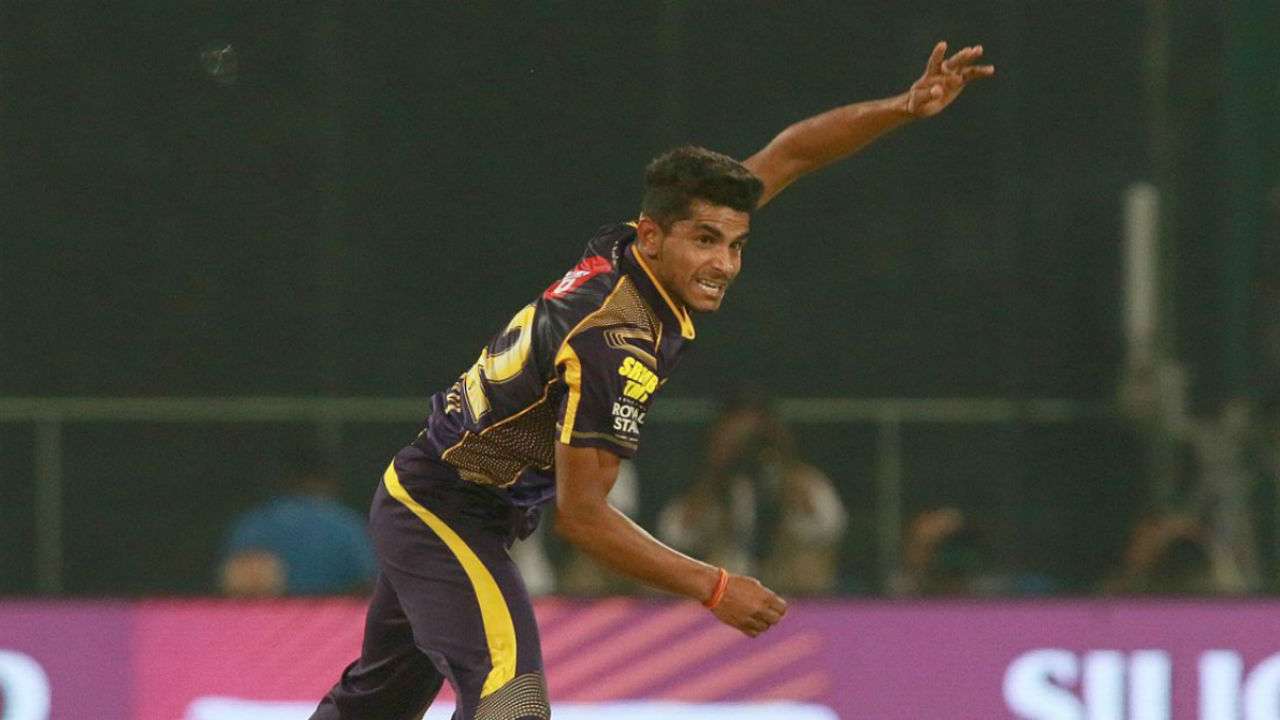“See, I told you. Umesh Yadav at Rs 2 crore in this hyper-inflated market was always going to be a steal.
But what do you think about Shivam Mavi at Rs 7.25 crore?
Oh well, he is a young guy and he will certainly bounce back. One or two bad games don’t define his capabilities. But Look at his numbers this season, he doesn’t deserve that much.“
Isn’t it like getting a deal on Armani in the nearby flea market, but only to get scammed later in the evening by one of those fast fashion brands?
Yes, this is just a rather twisted way to make a simple point. A very popular narrative that resurfaces every year around the IPL, where a player’s performance is pitted directly against the money he gets in an auction.


Men in tuxedos sit in a circular fashion and decide the worth of a cricketer. Once that’s done, when the performance doesn’t match the acquisition amount — something that is shaped by the invisible hand of the market — the players have to wade through swarms of abuses and insensitive remarks. They become a subject of waspish tongues, with offensive remarks about them being overpaid being put out without a thought. Again, this is not to justify their fat paychecks. Sports, although, has a weird way of elevating a handful of men to oligarchy, and then you will have a whole cohort of scribes talking about its emancipatory potential.
This, however, is primarily about the whole modus operandi of the auction, where human labour is exchanged for moolah, but with a little twist. Whoever bids the highest in the auction room reserves the right for players’ labour power for an entire season. If more than one franchise is interested, they will have to fight with one another, and this raises the wage. However, if all franchises think a certain player doesn’t add any value, he will go unsold.
While statistics and analysis do help them arrive at decisions, the role imagination plays in such decisions shouldn’t be downplayed. There’s no definite relation between wage and labour. The salary your skill will earn you depends largely on the whims of others.
Umesh Yadav’s case is quite curious. A seasoned pacer with a great deal of experience, he went unsold in the first round. Kolkata Knight Riders picked him as an afterthought at a base price. But again, the fact that he was ignored firstly and then acquired for a comparatively meager sum was enough for the fans to gauge his talent. The franchises have access to advanced data, and there’s sound logic behind every move; so if they ignored Umesh, the fault must be lying with him somewhere. Except this wasn’t the case. Until last season,Delhi Capitals had the best pace attack in the league, and Umesh got only two opportunities in the last couple of years, thus it was more about lack of game time rather than his bowling skill.


This season Umesh has been leading the pace attack comprising Tim Southee, Pat Cummins, and Andre Russell. With 10 wickets in five games, he is among the leading wicket-takers of the tournament. Truth be told, his performance shouldn’t have come as a surprise, for he has been terrific for India’s red-ball set-up of late, and his ability to generate movement was always going to trouble the batters in Powerplay.
But the popular narrative shaped up massively by a live auction says something else. Since some of the best minds of the game overlooked him when his name came under the hammer on the first occasion, he must not have been good enough for this thing. And thus an element of surprise clouded his impressive start for Kolkata.
In contrast, Shivam Mavi has to justify the numbers even though he didn’t decide that for themselves. There’s nothing wrong in criticising players. Bouquets and brickbats co-exist. But criticising players because they didn’t step up to the expectations the money came with — there’s something perverse about it. To begin with, the players don’t decide that amount. Hence, they cannot be held accountable for the amount splurged on them. Further, sports works in a weird way; the performance index that our boss might be using to determine payscales doesn’t work here. The adversarial nature of cricket means there’s only so much a player can control on any given day. What is a young pacer supposed to do if he sees his best delivery that got him so many wickets in the past getting smashed over long-on? Not much.


For a game that resisted the force of the market for quite a long, the beginning of IPL was the inflexion point, where the libertarian spirits of the capitals were finally embraced. Money flowed, talents from all across the world assembled, glitz and glamour were sprinkled, and the result was a perfect medley of full-on entertainment and cricket. The league uplifted many a player from the penury to the position of affluence. Every IPL brings with it a number of rags-to-riches stories. They are uplifting and inspiring.
But at the same time, too many cricketers down the ladder are living in a state of constant financial precarity. During the pandemic, many domestic players struggled to make their ends meet. Without contracts and social safety nets, the future is uncertain. They, however, still pursue cricket. Bundles of such struggles are crushed by the sheer weight of handfuls of uplifting stories. Thinking from their perspective, they do have a point when they see highly-paid personnel tanking at their job, while they continue to suffer.
Extrapolating this to wider society, one will find the situation is not much different. It’s easy to blame fans for their insensitivity towards the cricketers, but they themselves are a product of time and circumstances, where the worth of their work is strictly tied to money.
And to their credit, rarely a player is labelled a ‘fraud’ for not stepping up for his national side. It only happens in the IPL, and much of it owes to the bidding process, where players are reduced to commodities.
Robin Uthappa succinctly summed up the whole dynamics: “The auction feels like an examination which you have written a long time ago, and you’re just awaiting the results. You feel like cattle (commodity), to be honest.”
“It’s not the most pleasing feeling, and I think that’s the thing about cricket, especially in India… everything about you is there for the world to consume and then judge and express their opinions about it. Having an opinion about performances is one thing, but having an opinion on how much you get sold for is quite something else,” he added.




